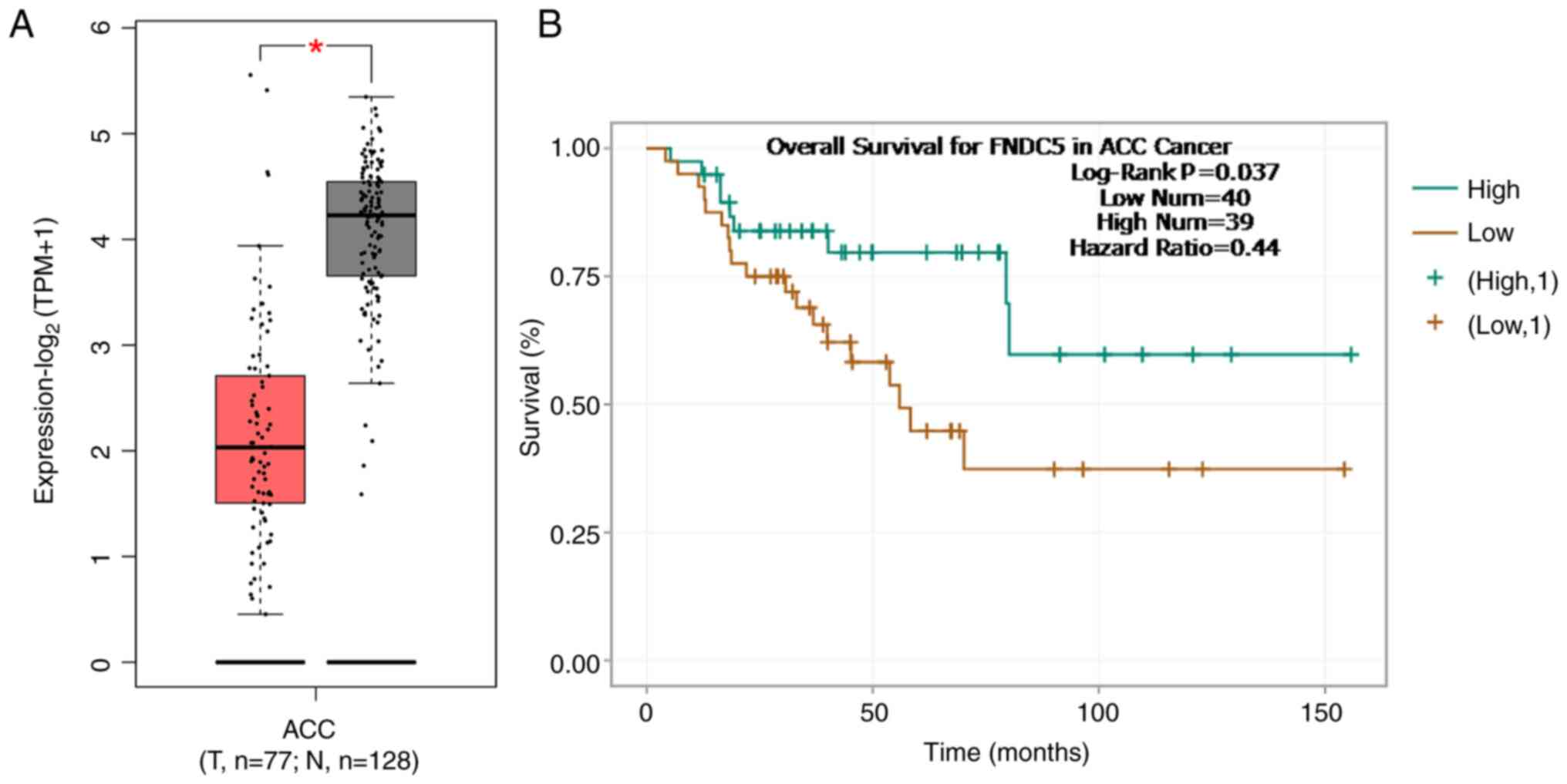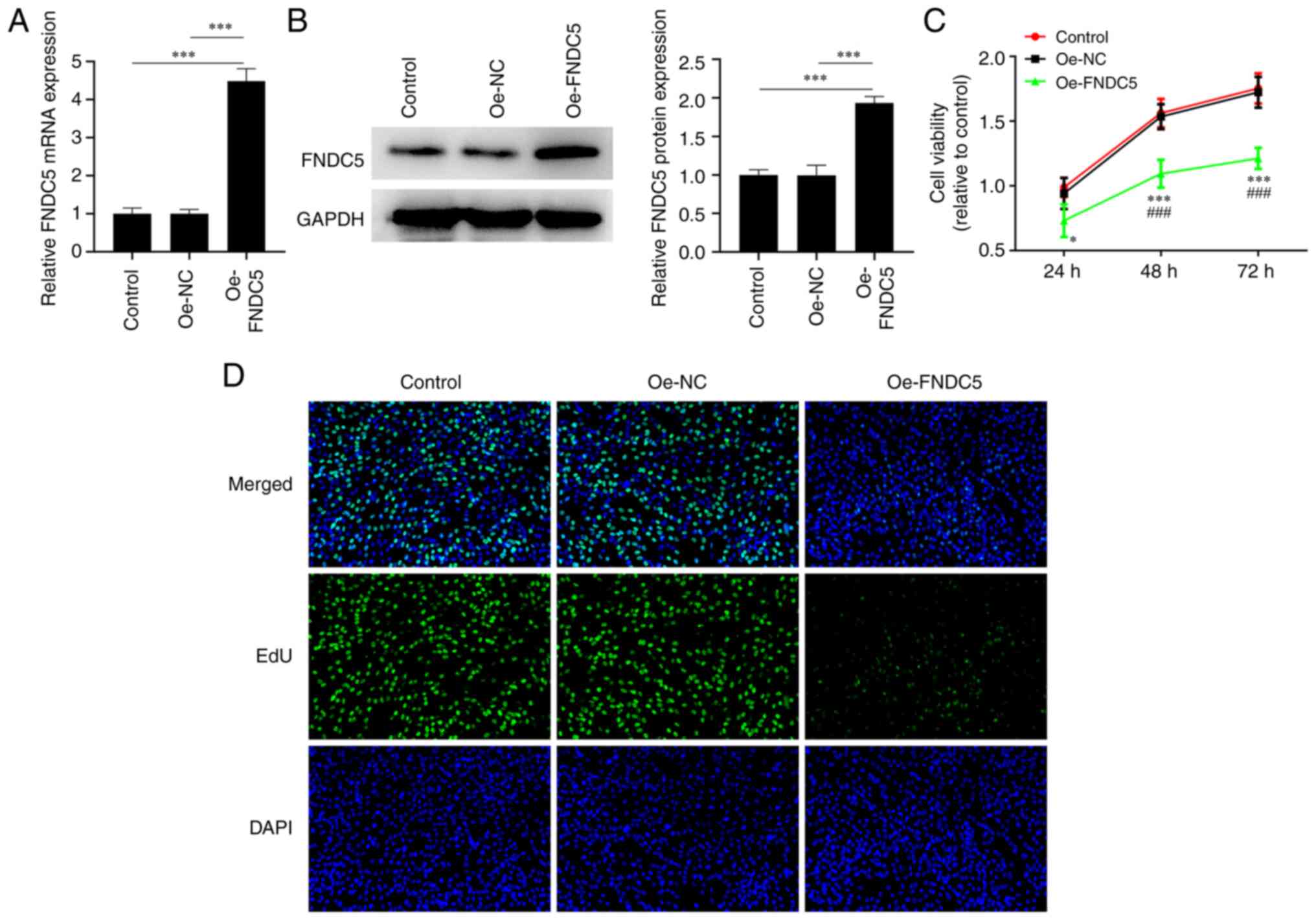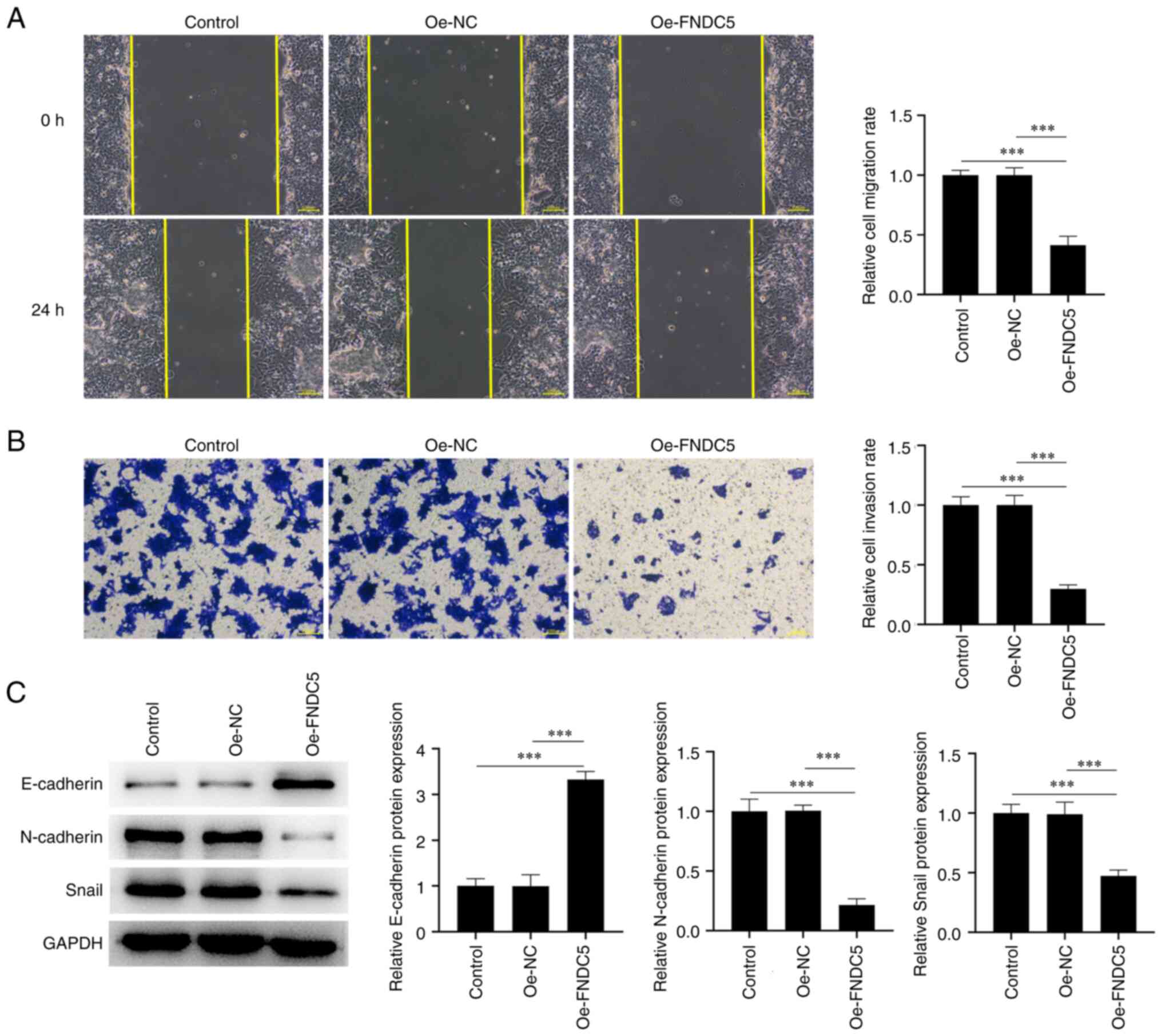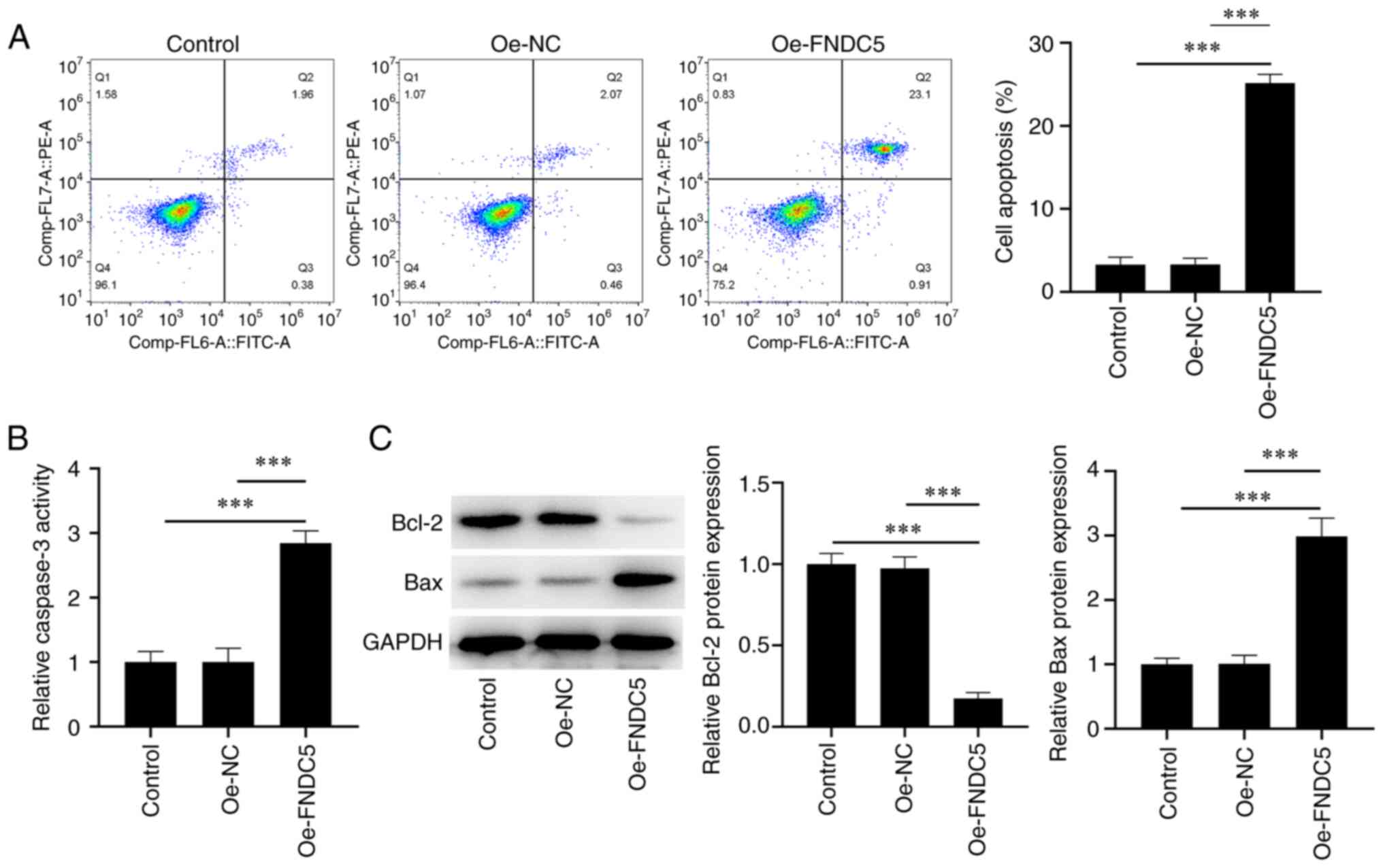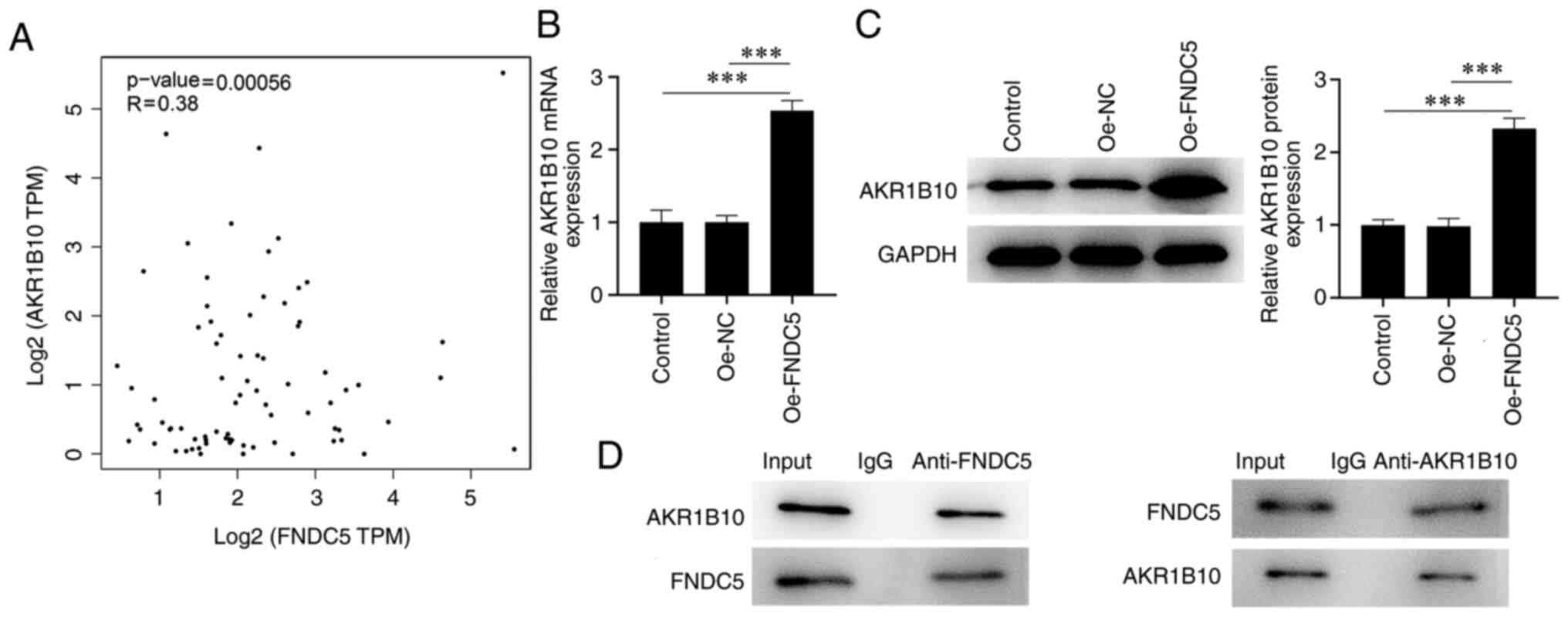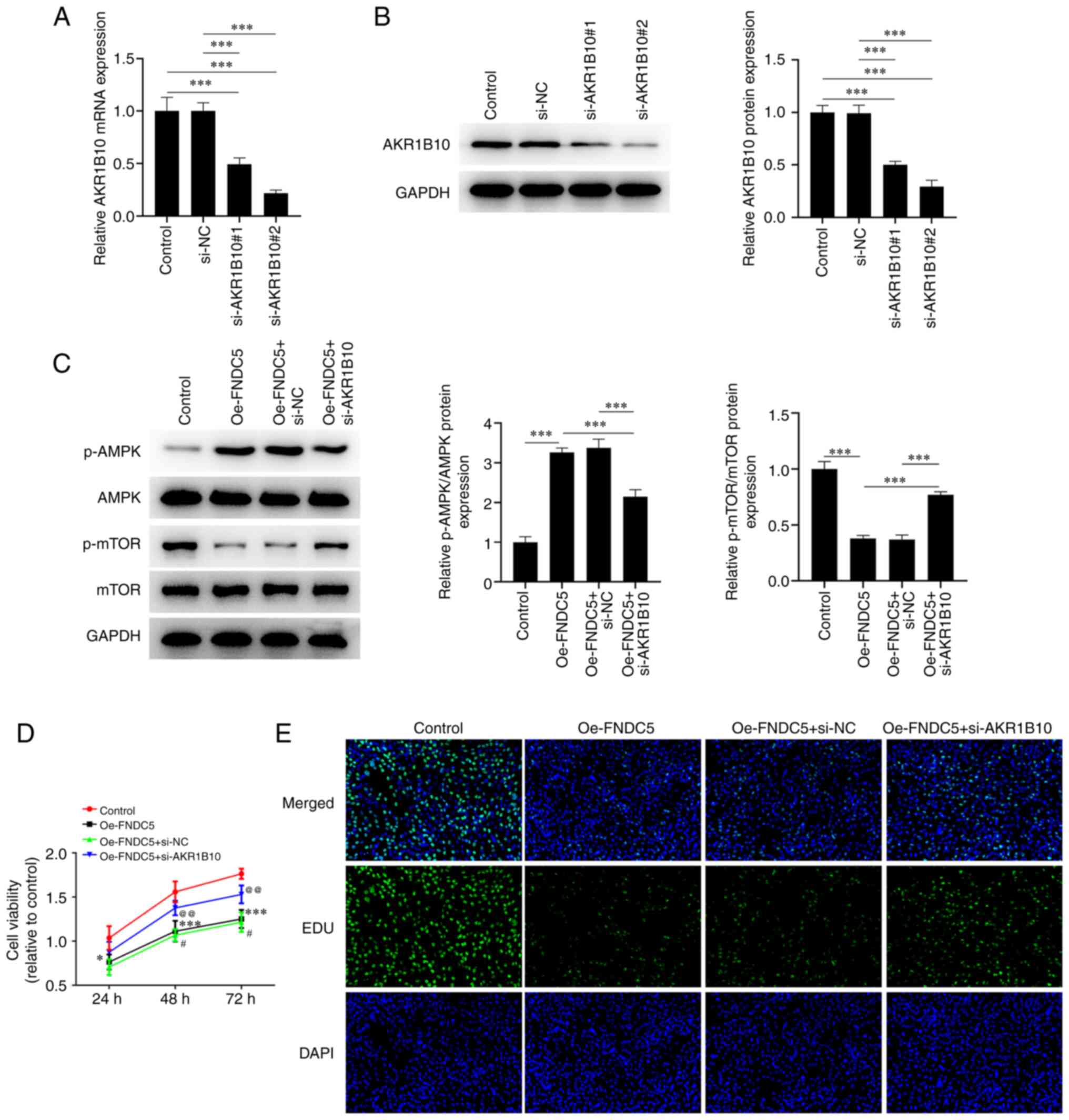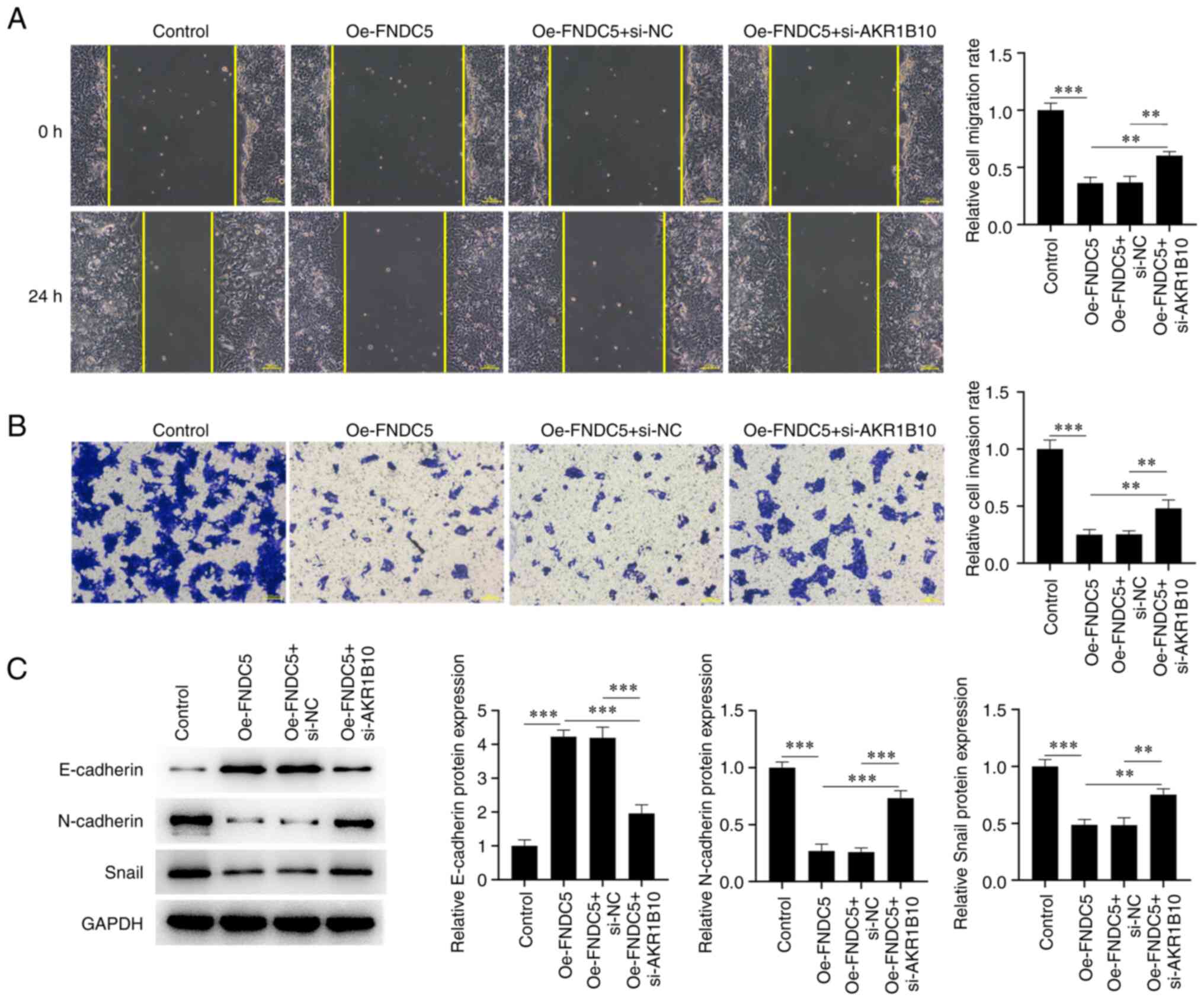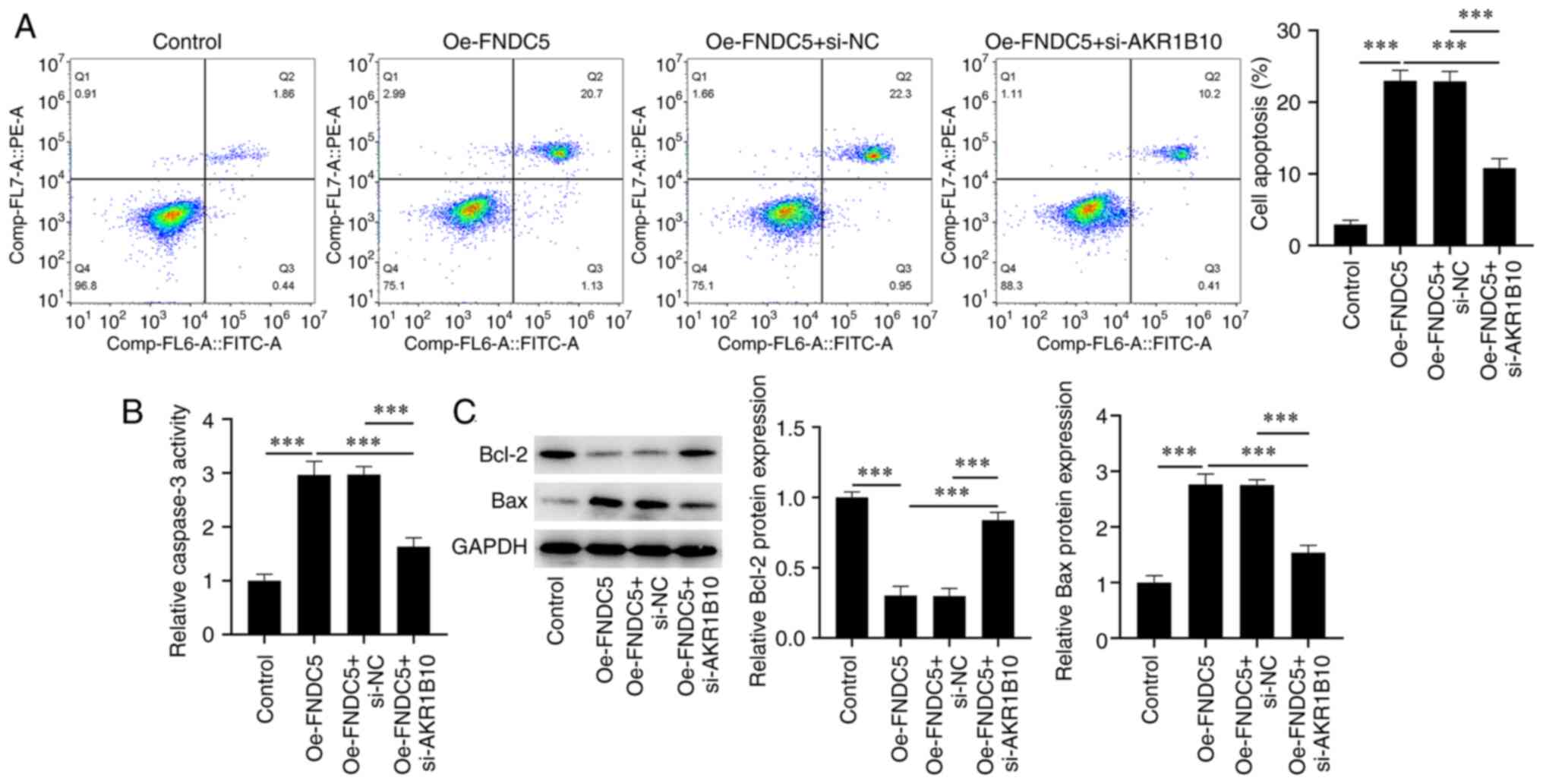|
1
|
Vaidya A, Nehs M and Kilbridge K:
Treatment of adrenocortical carcinoma. Surg Pathol Clin.
12:997–1006. 2019.PubMed/NCBI View Article : Google Scholar
|
|
2
|
Kerkhofs TM, Verhoeven RH, Van der Zwan
JM, Dieleman J, Kerstens MN, Links TP, Van de Poll-Franse LV and
Haak HR: Adrenocortical carcinoma: A population-based study on
incidence and survival in the Netherlands since 1993. Eur J Cancer.
49:2579–2586. 2013.PubMed/NCBI View Article : Google Scholar
|
|
3
|
Edge SB and Compton CC: The American joint
committee on cancer: The 7th edition of the AJCC cancer staging
manual and the future of TNM. Ann Surg Oncol. 17:1471–1474.
2010.PubMed/NCBI View Article : Google Scholar
|
|
4
|
Fassnacht M, Dekkers OM, Else T, Baudin E,
Berruti A, de Krijger R, Haak HR, Mihai R, Assie G and Terzolo M:
european society of endocrinology clinical practice guidelines on
the management of adrenocortical carcinoma in adults, in
collaboration with the european network for the study of adrenal
tumors. Eur J Endocrinol. 179:G1–G46. 2018.PubMed/NCBI View Article : Google Scholar
|
|
5
|
Kiesewetter B, Riss P, Scheuba C, Mazal P,
Kretschmer-Chott E, Haug A and Raderer M: Management of
adrenocortical carcinoma: are we making progress? Ther Adv Med
Oncol. 13(17588359211038409)2021.PubMed/NCBI View Article : Google Scholar
|
|
6
|
Giménez-Dejoz J, Weber S, Fernández-Pardo
Á, Möller G, Adamski J, Porté S, Parés X and Farrés J: Engineering
aldo-keto reductase 1B10 to mimic the distinct 1B15 topology and
specificity towards inhibitors and substrates, including retinoids
and steroids. Chem Biol Interact. 307:186–194. 2019.PubMed/NCBI View Article : Google Scholar
|
|
7
|
Chen D, Shen Z, Cheng X, Wang Q, Zhou J,
Ren F, Sun Y, Wang H and Huang R: Homeobox A5 activates p53 pathway
to inhibit proliferation and promote apoptosis of adrenocortical
carcinoma cells by inducing Aldo-Keto reductase family 1 member B10
expression. Bioengineered. 12:1964–1975. 2021.PubMed/NCBI View Article : Google Scholar
|
|
8
|
Oughtred R, Stark C, Breitkreutz BJ, Rust
J, Boucher L, Chang C, Kolas N, O'Donnell L, Leung G, McAdam R, et
al: The BioGRID interaction database: 2019 update. Nucleic Acids
Res. 47:D529–D541. 2019.PubMed/NCBI View Article : Google Scholar
|
|
9
|
Komolka K, Albrecht E, Schering L,
Brenmoehl J, Hoeflich A and Maak S: Locus characterization and gene
expression of bovine FNDC5: Is the myokine irisin relevant in
cattle? PLoS One. 9(e88060)2014.PubMed/NCBI View Article : Google Scholar
|
|
10
|
Zhu T, Zhang W, Zhang Y, Lu E, Liu H, Liu
X, Yin S and Zhang P: Irisin/FNDC5 inhibits the
epithelial-mesenchymal transition of epithelial ovarian cancer
cells via the PI3K/Akt pathway. Arch Gynecol Obstet. 306:841–850.
2022.PubMed/NCBI View Article : Google Scholar
|
|
11
|
Huang CW, Chang YH, Lee HH, Wu JY, Huang
JX, Chung YH, Hsu ST, Chow LP, Wei KC and Huang FT: Irisin, an
exercise myokine, potently suppresses tumor proliferation,
invasion, and growth in glioma. FASEB J. 34:9678–9693.
2020.PubMed/NCBI View Article : Google Scholar
|
|
12
|
Fan GH, Zhu TY and Huang J: FNDC5 promotes
paclitaxel sensitivity of non-small cell lung cancers via
inhibiting MDR1. Cell Signal. 72(109665)2020.PubMed/NCBI View Article : Google Scholar
|
|
13
|
Cheng G, Xu D, Chu K, Cao Z, Sun X and
Yang Y: The effects of MiR-214-3p and Irisin/FNDC5 on the
biological behavior of osteosarcoma cells. Cancer Biother
Radiopharm. 35:92–100. 2020.PubMed/NCBI View Article : Google Scholar
|
|
14
|
Liu J, Song N, Huang Y and Chen Y: Irisin
inhibits pancreatic cancer cell growth via the AMPK-mTOR pathway.
Sci Rep. 8(15247)2018.PubMed/NCBI View Article : Google Scholar
|
|
15
|
Livak KJ and Schmittgen TD: Analysis of
relative gene expression data using real-time quantitative PCR and
the 2(-Delta Delta C(T)) method. Methods. 25:402–408.
2001.PubMed/NCBI View Article : Google Scholar
|
|
16
|
Boström P, Wu J, Jedrychowski MP, Korde A,
Ye L, Lo JC, Rasbach KA, Boström EA, Choi JH, Long JZ, et al: A
PGC1-α-dependent myokine that drives brown-fat-like development of
white fat and thermogenesis. Nature. 481:463–468. 2012.PubMed/NCBI View Article : Google Scholar
|
|
17
|
Aydin S, Kuloglu T, Ozercan MR, Albayrak
S, Aydin S, Bakal U, Yilmaz M, Kalayci M, Yardim M, Sarac M, et al:
Irisin immunohistochemistry in gastrointestinal system cancers.
Biotech Histochem. 91:242–250. 2016.PubMed/NCBI View Article : Google Scholar
|
|
18
|
Kuloglu T, Celik O, Aydin S, Hanifi
Ozercan I, Acet M, Aydin Y, Artas G, Turk A, Yardim M, Ozan G, et
al: Irisin immunostaining characteristics of breast and ovarian
cancer cells. Cell Mol Biol (Noisy-le-grand). 62:40–44.
2016.PubMed/NCBI
|
|
19
|
Kong G, Jiang Y, Sun X, Cao Z, Zhang G,
Zhao Z, Zhao Y, Yu Q and Cheng G: Irisin reverses the IL-6 induced
epithelial-mesenchymal transition in osteosarcoma cell migration
and invasion through the STAT3/Snail signaling pathway. Oncol Rep.
38:2647–2656. 2017.PubMed/NCBI View Article : Google Scholar
|
|
20
|
Shao L, Li H, Chen J, Song H, Zhang Y, Wu
F, Wang W, Zhang W, Wang F, Li H and Tang D: Irisin suppresses the
migration, proliferation, and invasion of lung cancer cells via
inhibition of epithelial-to-mesenchymal transition. Biochem Biophys
Res Commun. 485:598–605. 2017.PubMed/NCBI View Article : Google Scholar
|
|
21
|
Gannon NP, Vaughan RA, Garcia-Smith R,
Bisoffi M and Trujillo KA: Effects of the exercise-inducible
myokine irisin on malignant and non-malignant breast epithelial
cell behavior in vitro. Int J Cancer. 136:E197–E202.
2015.PubMed/NCBI View Article : Google Scholar
|
|
22
|
Altay DU, Keha EE, Karagüzel E, Menteşe A,
Yaman SO and Alver A: The diagnostic value of FNDC5/Irisin in renal
cell cancer. Int Braz J Urol. 44:734–739. 2018.PubMed/NCBI View Article : Google Scholar
|
|
23
|
Wozniak S, Nowinska K, Chabowski M and
Dziegiel P: Significance of Irisin (FNDC5) expression in colorectal
cancer. In Vivo. 36:180–188. 2022.PubMed/NCBI View Article : Google Scholar
|
|
24
|
Cebulski K, Nowińska K, Jablońska K,
Romanowicz H, Smolarz B, Dzięgiel P and Podhorska-Okołów M:
Expression of Irisin/FNDC5 in breast cancer. Int J Mol Sci.
23(3530)2022.PubMed/NCBI View Article : Google Scholar
|
|
25
|
Liu H, Zhao L, Wang M, Yang K, Jin Z, Zhao
C and Shi G: FNDC5 causes resistance to sorafenib by activating the
PI3K/Akt/Nrf2 pathway in hepatocellular carcinoma cells. Front
Oncol. 12(852095)2022.PubMed/NCBI View Article : Google Scholar
|
|
26
|
Shao X, Wu J, Yu S, Zhou Y and Zhou C:
AKR1B10 inhibits the proliferation and migration of gastric cancer
via regulating epithelial-mesenchymal transition. Aging (Albany
NY). 13:22298–22314. 2021.PubMed/NCBI View Article : Google Scholar
|
|
27
|
Yao Y, Wang X, Zhou D, Li H, Qian H, Zhang
J, Jiang L, Wang B, Lin Q and Zhu X: Loss of AKR1B10 promotes
colorectal cancer cells proliferation and migration via regulating
FGF1-dependent pathway. Aging (Albany NY). 12:13059–13075.
2020.PubMed/NCBI View Article : Google Scholar
|
|
28
|
Ren P, Ren X, Cheng L and Xu L:
Frankincense, pine needle and geranium essential oils suppress
tumor progression through the regulation of the AMPK/mTOR pathway
in breast cancer. Oncol Rep. 39:129–137. 2018.PubMed/NCBI View Article : Google Scholar
|
|
29
|
Plews RL, Mohd Yusof A, Wang C, Saji M,
Zhang X, Chen CS, Ringel MD and Phay JE: A novel dual AMPK
activator/mTOR inhibitor inhibits thyroid cancer cell growth. J
Clin Endocrinol Metab. 100:E748–E756. 2015.PubMed/NCBI View Article : Google Scholar
|
|
30
|
Yue W, Zheng X, Lin Y, Yang CS, Xu Q,
Carpizo D, Huang H, DiPaola RS and Tan XL: Metformin combined with
aspirin significantly inhibit pancreatic cancer cell growth in
vitro and in vivo by suppressing anti-apoptotic proteins Mcl-1 and
Bcl-2. Oncotarget. 6:21208–21224. 2015.PubMed/NCBI View Article : Google Scholar
|















